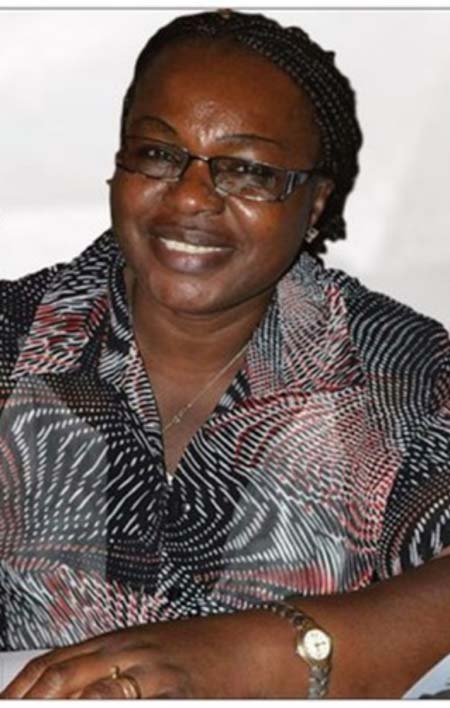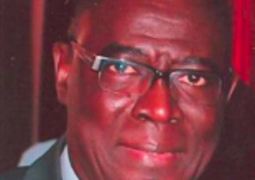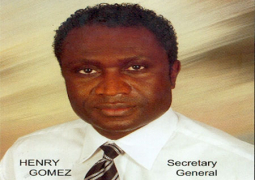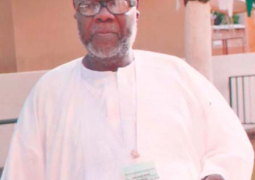
The
Ministry of Basic and Secondary Education has organised a daylong workshop with
its development partners and other stakeholders to review the programmes,
progress and challenges of the education sector.
Speaking
on the occasion held at the regional education office in Kanifing on Tuesday,
Claudiana Cole, minister of Basic and Secondary Education, said the annual
joint educational review conference is in line with the Education Sector
Strategic Plan (ESSP 2015-2022).
She
said a successor programme of the strategic plan 2015-2022 is being prepared
and will be co-financed by the World Back through the International Development
Assistance, and Global Partnership for Education (GPE).
The
education minister said the joint review conference “is a great avenue” to
engage in policy dialogue to ensure ownership, accountability and transparency
of programme implementation and monitoring process.
She
said The Gambia government had invested in expanding enrolment at all levels
and improving the quantity of education which led to the achievement of the
Universal Primary Education (UPE).
This
achievement, according to the minister, had further expanded to gender balance
in enrolment in lower basic, upper basic and senior secondary schools.
Minister
Cole said improving students’ learning outcome remains the government’s
priority.
She
said the government “is heavily engaged” in addressing access and quality
challenges in the education sector through a combination of policies and
interventions.
The
permanent secretary at the Ministry of Finance and Economic Affairs, Juldeh
Ceesay, said the joint conference was in line with the Paris Declaration on Aid
Effectiveness and the Accra Agenda for Action.
These
documents provide basis for addressing systemic issues, strengthen governance,
ownership, mutual accountability, donor harmonisation, improved performance,
reduced transaction costs and increased donor coordination and reduced
transaction costs.
Madam
Ceesay said the conference would address the issues of raising standards,
government commitment to the allocation of resources to the education sector,
monitoring and evaluation of progammes and rigorous classrooms observation to
improve quality of teaching and learning.
According
to her, The Gambia had made tremendous progress in access to education and
gender equality, which had been made possible thanks to the support of
multilateral funding agencies and bilateral technical cooperation.
However,
she said even though the education sector is improving, there are still funding
gaps that need to be filled and the ministry itself should take a lead role in
resources mobilization.
Madam
Ceesay said the issue of financing is of the utmost importance to the growth
and development of education in The Gambia.
“Education
can accelerate economic growth and investment which is the key indicator to
expand and improve quality education,” she said. “The education sector needs more investment
and already the World Bank and GPE Financing for 2018 will amount to US$35
million, Kuwait Fund approximately US$20 million.
The
permanent secretary at the Ministry of Finance said her ministry will continue
to provide the necessary financial support to the education sector and also to
monitor the mechanism to ensure that the targets set are achieved.
Ceesay
said the government has an important role in education sector, particular
higher education, to grow in the areas such as skills, knowledge on global
economy and achieve social economic structure and ensure relevance, equality,
excellence and free education for lower and upper basic.
Minister
of Higher Education Badara Joof gave similar sentiments on the impact the
review has on his sector; so their uppermost aim now is strengthening its
sector to cover the need in skills in development purposes.
Ryoko
Tomita Wilcox, a representative of the World Bank, said the World Bank is well
aware of the achievements in the education sector.




